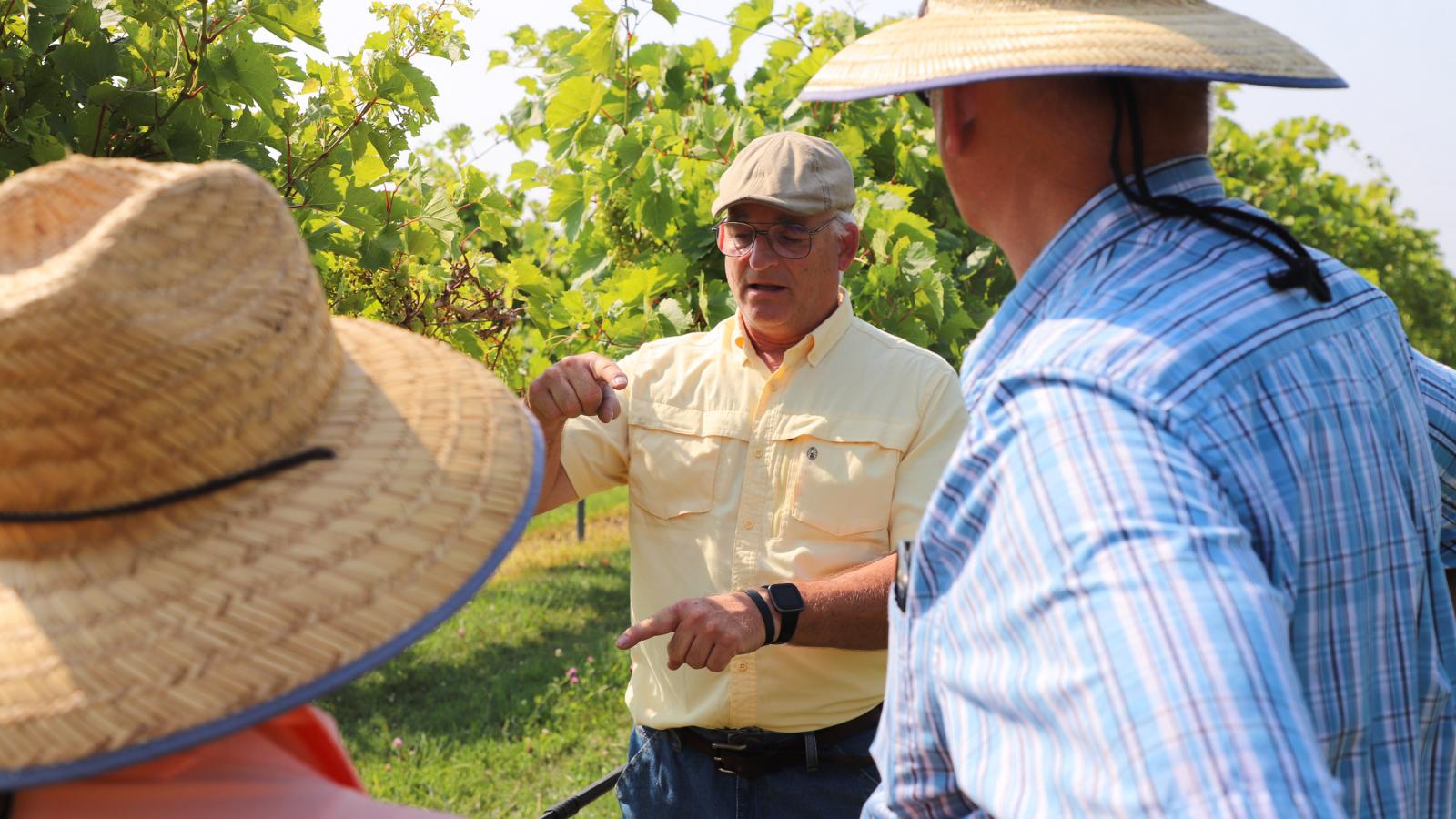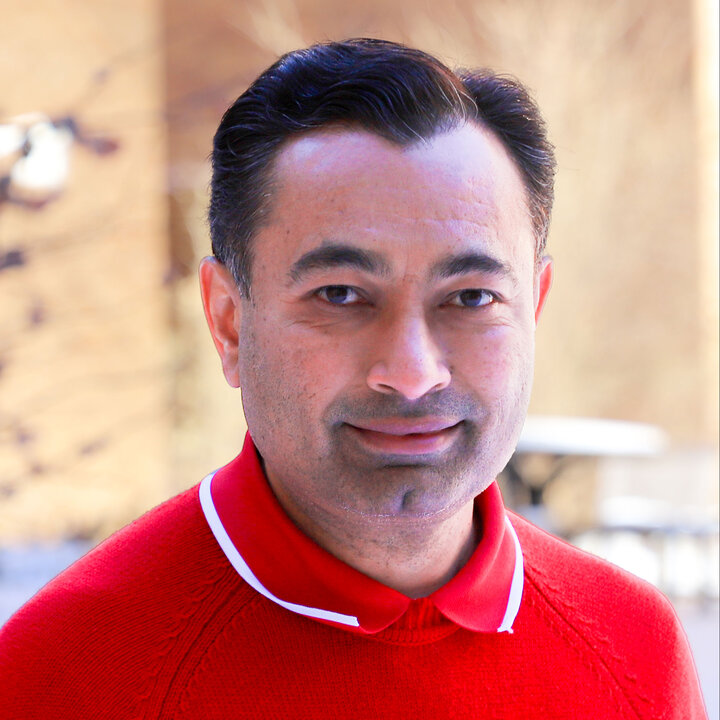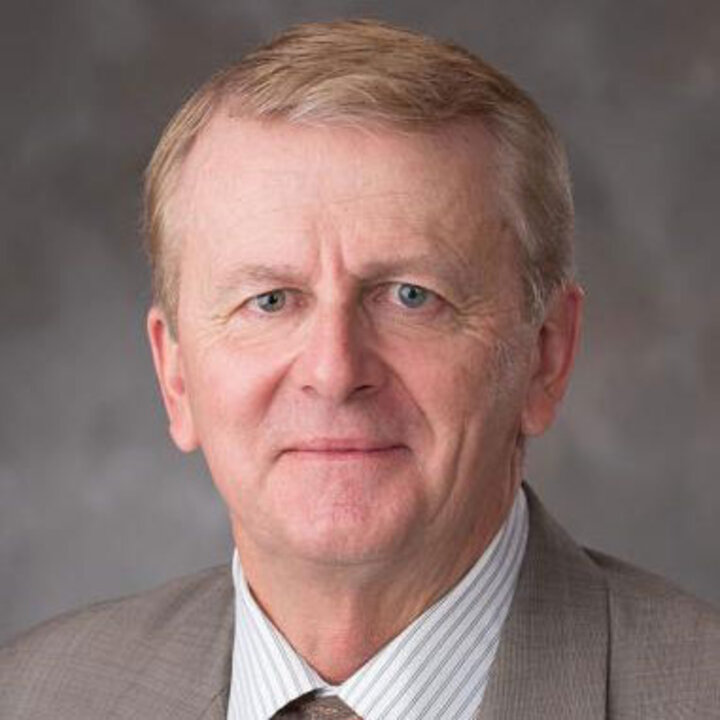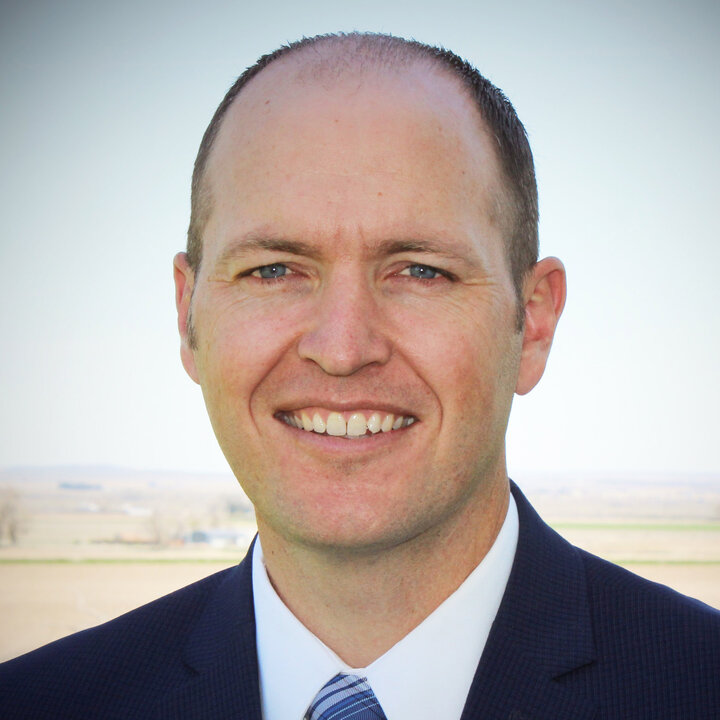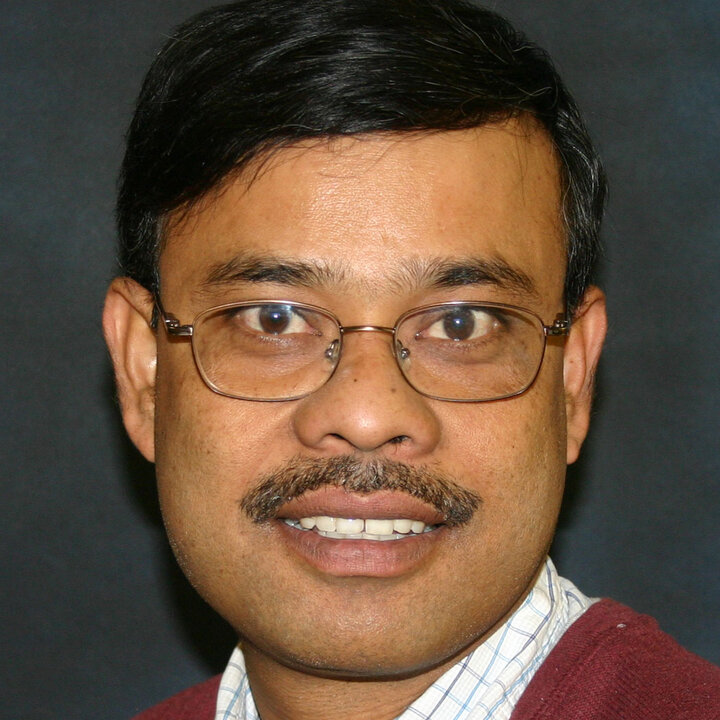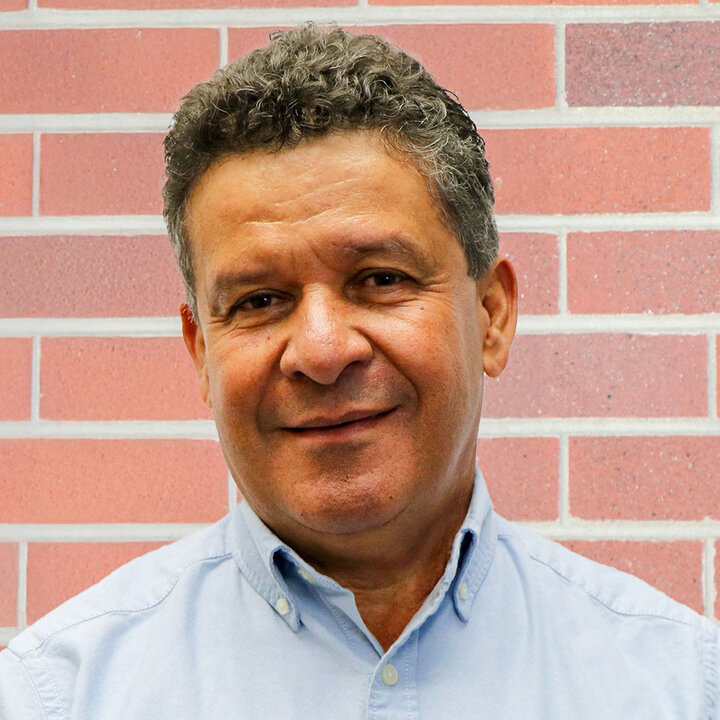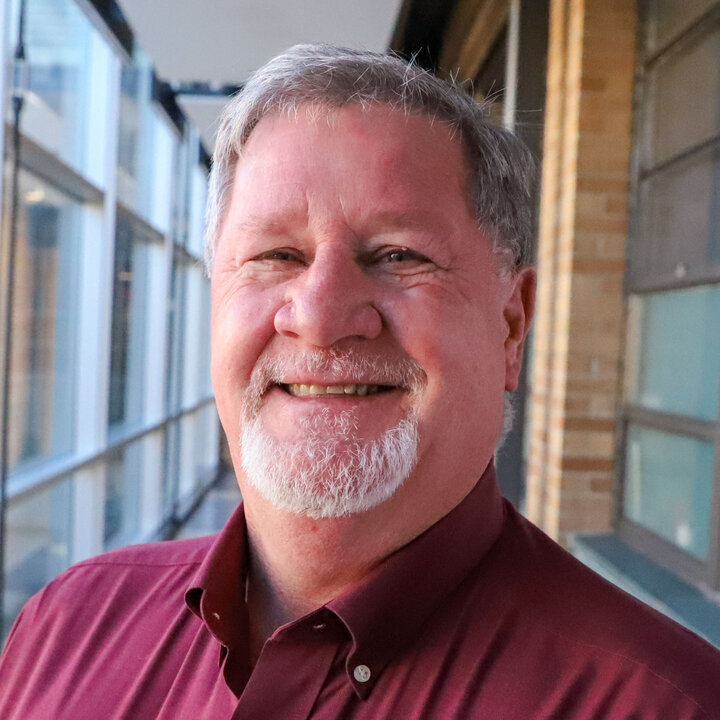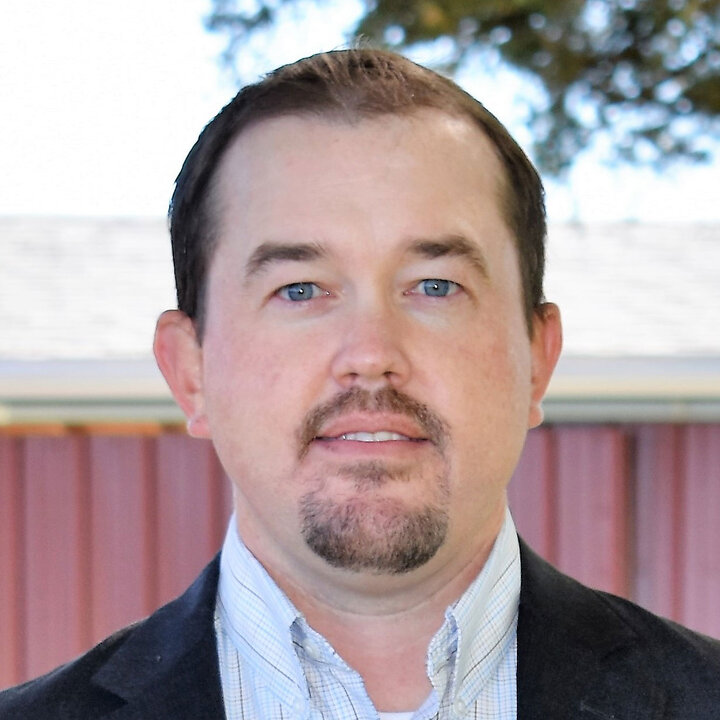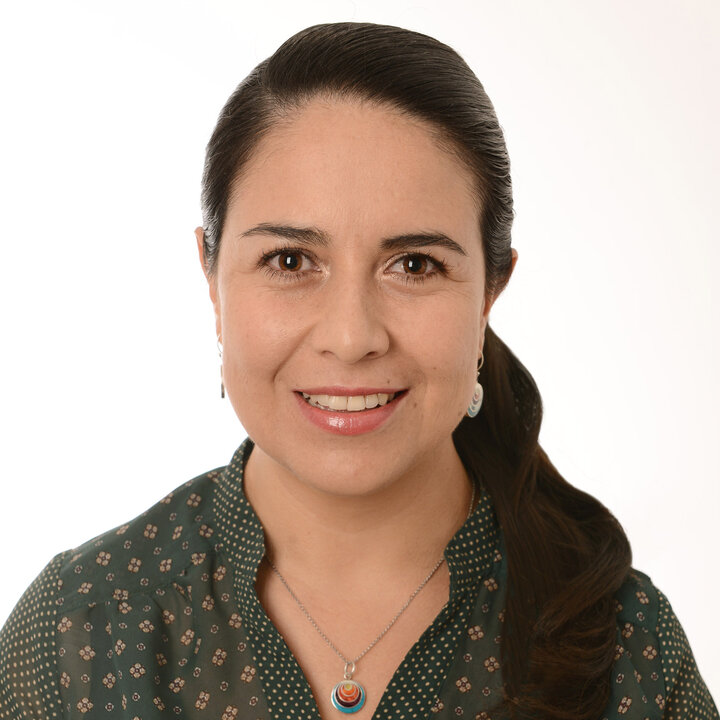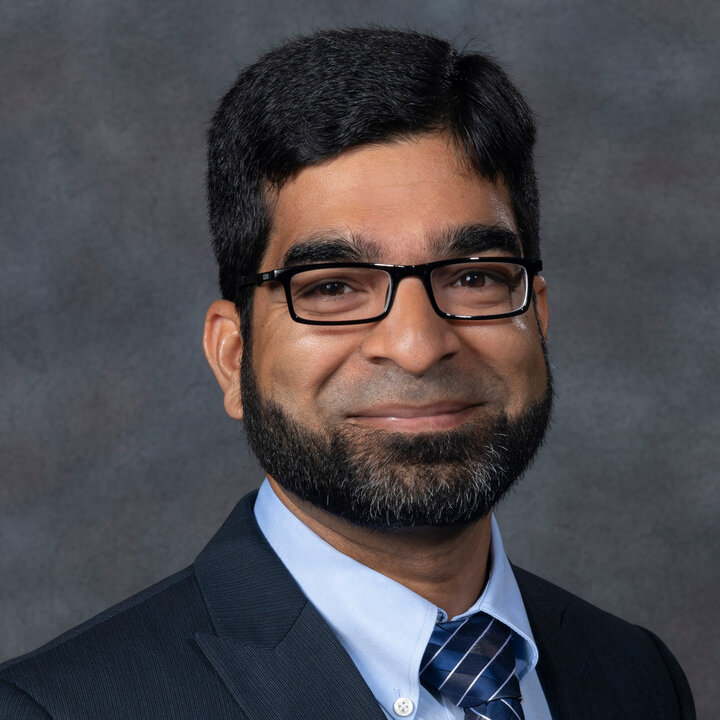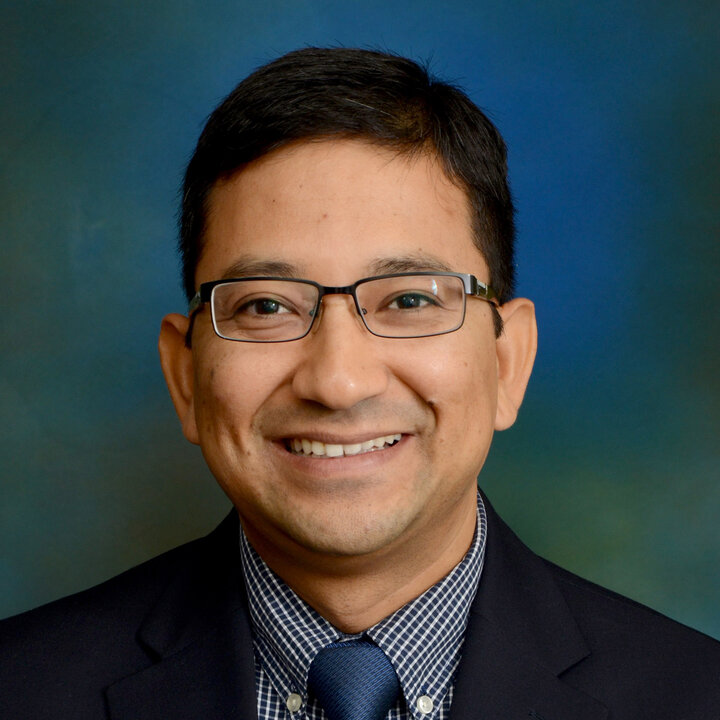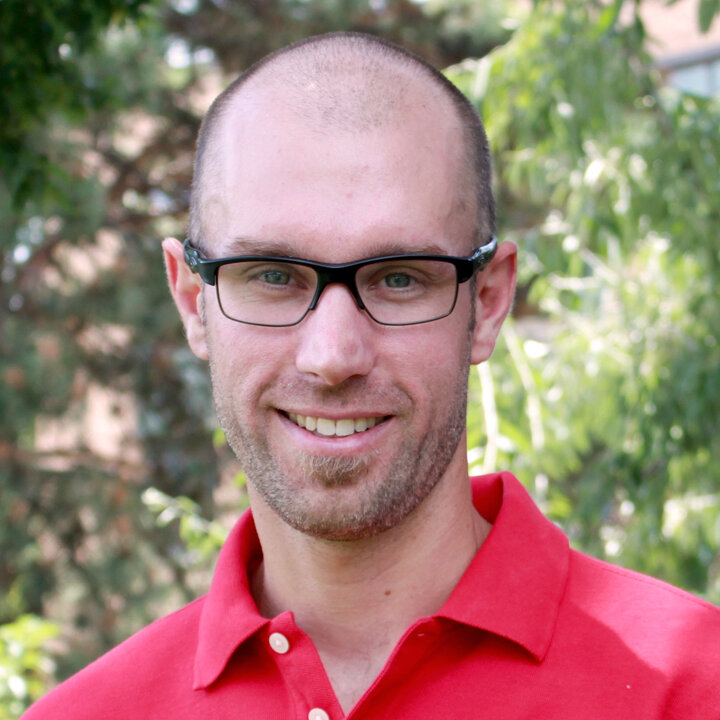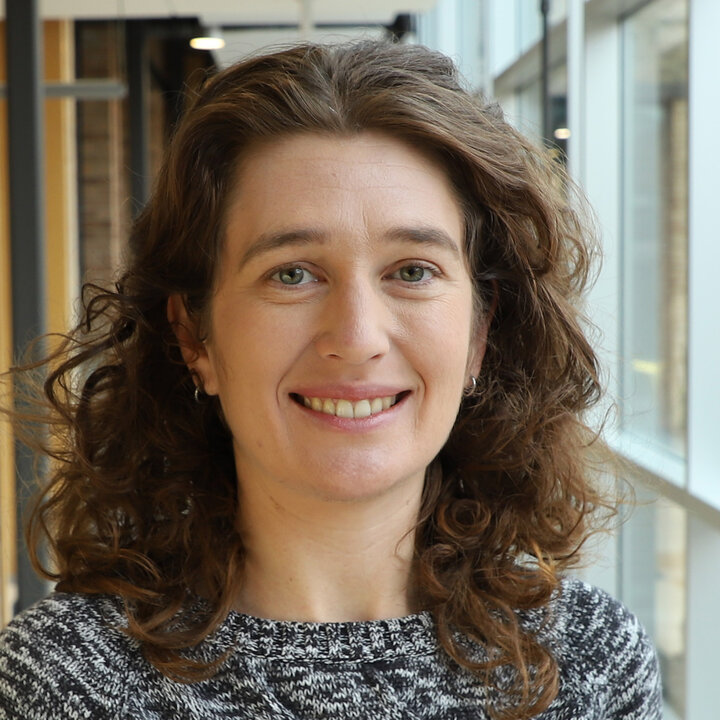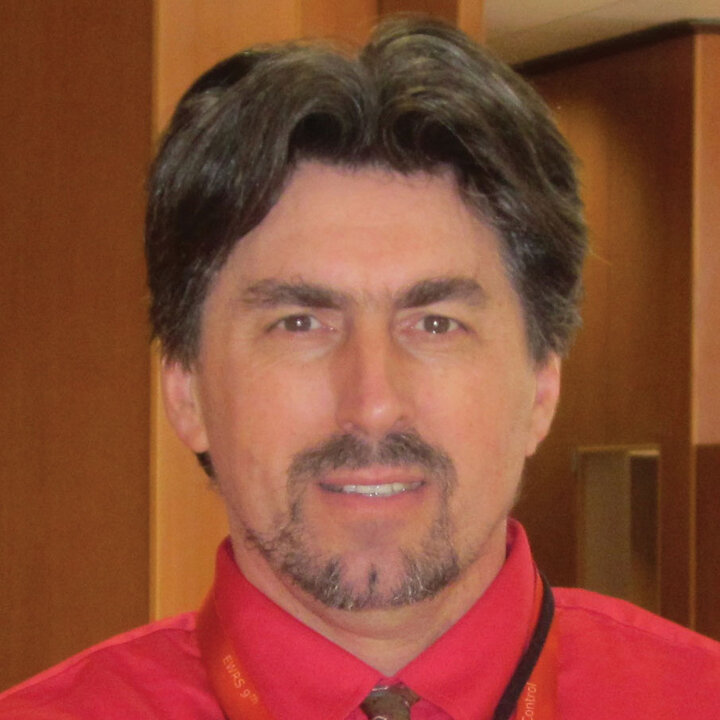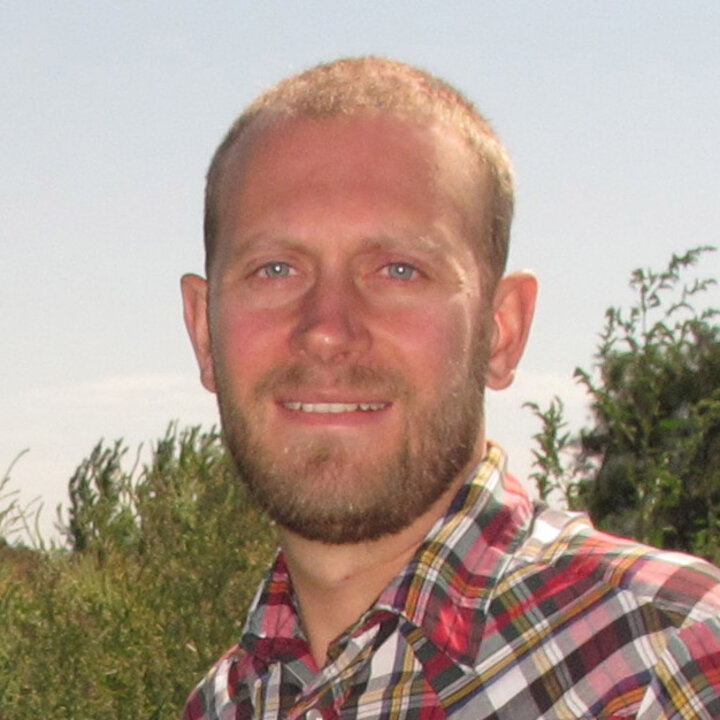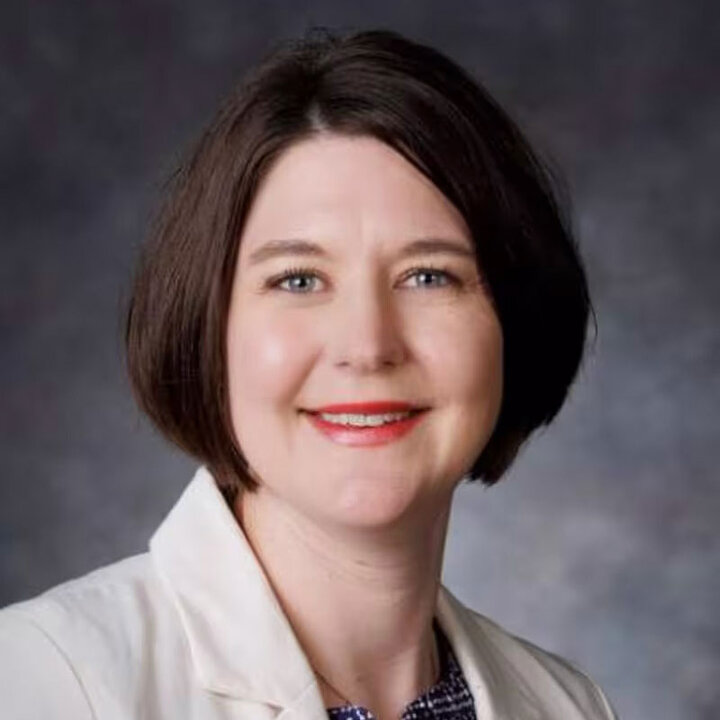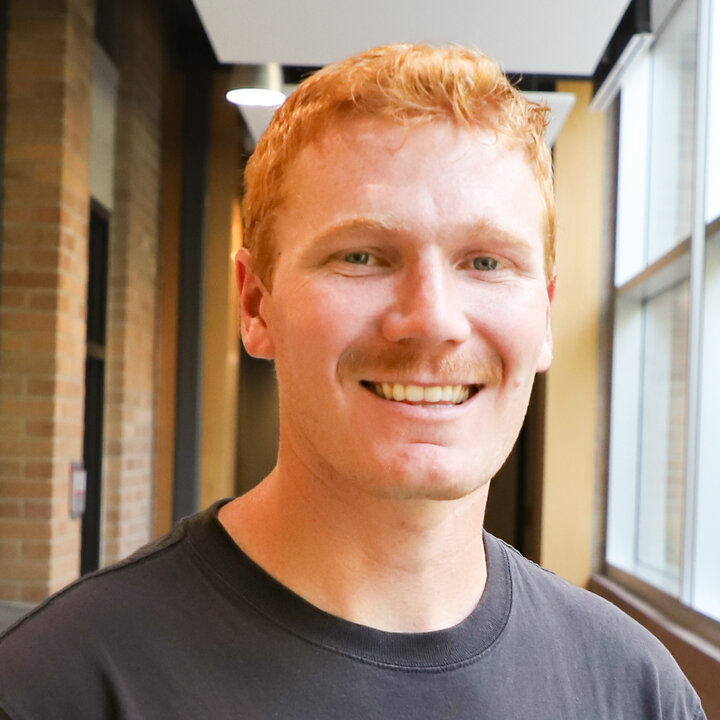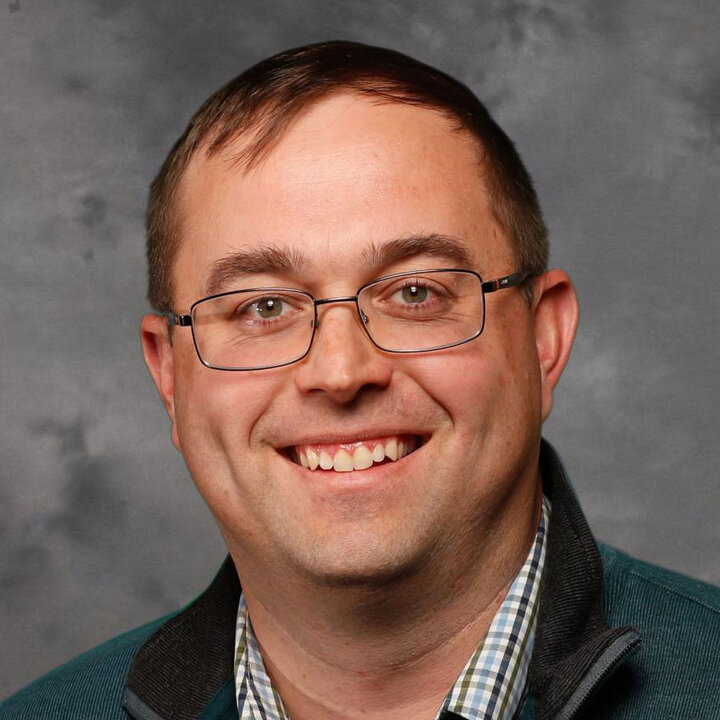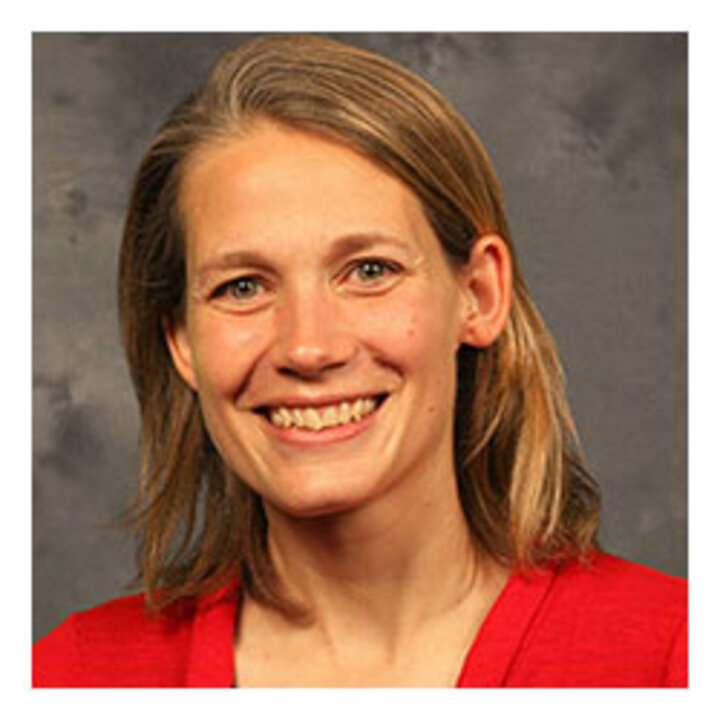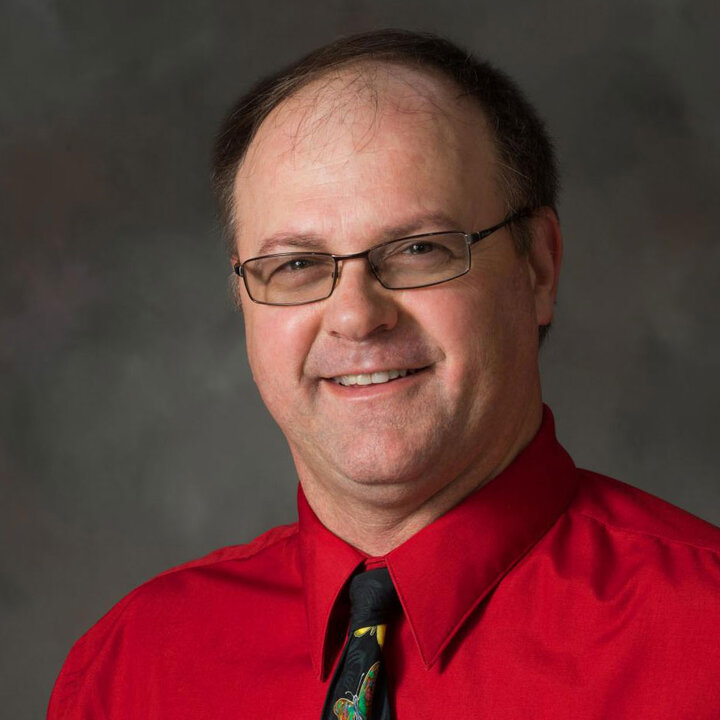The Department of Agronomy and Horticulture has 25 extension faculty ranging from 0.10 to 1.0 FTE (full time employees) extension appointment. They contribute significantly to accomplish Nebraska Extension’s strategic direction.
Mission of Department of Agronomy and Horticulture’s Extension Programs:
- Deliver practical, research-based information that transform lives and livelihoods of Nebraskans and beyond.
Service Statement of Department of Agronomy and Horticulture’s Extension Programs:
- Help stakeholders improve their lives through an educational process that applies knowledge to critical issues, needs, and opportunities.
- Partner with industry and stakeholders to meet challenges through innovative research, learner-driven teaching, and support for multi-function resilient crop production, food production, and landscapes−enhancing the quality of life of the citizens.
- Provide improvement, leadership, and organizational development for the industry, government, community groups, agricultural literacy, and in-service training of extension educators.
Extension Co-Coordinators
Crop Improvement and Cropping Systems
CropWatch, a central resource for University of Nebraska–Lincoln Extension information on crop production and pest management, is written by Extension educators and specialists in the University of Nebraska Institute of Agriculture and Natural Resources.
The UNL Crop Variety and Hybrid Testing Program provides hybrid test results, hybrid test plots entry forms, seed guides and related publications.
Distance Education
Our distance education program has a strong focus on many different impactful areas of agronomic and horticultural research, including crop physiology and production, plant breeding and genetics, and range and forage sciences. We offer our master’s degree in agronomy and graduate certificates 100% online.
Horticulture and Specialty Crops
Our research in horticulture specialty crops includes agricultural practices for vegetables and flowers, controlled environments with both low and high tunnels and greenhouses, growing winter medicinal and culinary herbs and strawberries. and hops production.
Landscape Systems
Hosted by Kim Todd, the Backyard Farmer show is dedicated to helping find solutions to lawn and garden questions. Every year from spring to fall, a panel of experts, featuring faculty members from the Department of Agronomy and Horticulture, deals with topics from insect pests and disease, turf, and fruits and vegetables, as well as landscape design and general horticulture topics.
The Nebraska Master Gardener program extends the outreach of the University of Nebraska-Lincoln by providing volunteers with research-based horticulture education, which prepares them to share their knowledge with the citizens of the state. Master Gardener volunteers are trained by Nebraska Extension faculty and staff. Terri James is the Nebraska Extension Master Gardener Coordinator.
Pesticide Safety and Education
The Pesticide Safety Education Program (PSEP) at the University of Nebraska–Lincoln in concert with Extension Specialists, Extension Educators and Extension Assistants provides educational and training programs that address health, the environment, economic well-being and pesticide safety.
Precision Pesticide Application Technology
The PAT lab’s research focuses on advancing precision pesticide application technologies to improve decision-making, optimize pesticide use, and enhance crop yields while minimizing environmental impacts. This includes investigating various integrated pest management strategies to address challenges related to weeds, insects, and diseases in row and specialty crops. The evaluation of pesticide application technologies developed worldwide, and their integration into existing cropping systems is critical to this work. Research emphasizes a comprehensive approach to understanding how to deploy these technologies effectively and sustainably.
The lab's extension efforts aim to enhance agricultural practices through education on emerging pest management technologies. These initiatives emphasize adopting advanced methods to improve the resilience and sustainability of cropping systems. Educational outreach includes organizing workshops, seminars, and hands-on training sessions for producers and developing accessible content on pesticides' safe and effective use. Active engagement with diverse stakeholders, including farmers, government agencies, and the pesticide industry, ensures the alignment of these programs with their needs and facilitates meaningful impact assessment.
Range, Pasture and Forages
Research, teaching and Extension programs in range, pasture and forage sciences at the University of Nebraska are committed to addressing the conservation and utilization of rangeland and forage resources. Nebraska’s rangelands provide numerous ecosystem services, including wildlife habitat, soil protection from wind and water erosion, rainwater filtration, underground aquifer recharge, recreational opportunities, and aesthetically pleasing landscapes. They also serve as a valuable forage resource for livestock producers, contributing approximately $12 billion annually to Nebraska's economy through the cattle industry.
Soil Science
Soil Science team is committed to providing Extension and educational programs in wide-ranging topics related to soil conservation, soil fertility management, and agricultural sustainability.
Cropwatch – Soil Fertility Cropwatch – Soil Health Program
Testing Ag Performance Solutions
The University of Nebraska Testing Ag Performance Solutions (UNL-TAPS) program was developed by the University of Nebraska-Lincoln's research and extension specialists and educators. It advances agricultural management skills and knowledge through competition. UNL-TAPS serves as both a growing-season-long farming contest and a research framework, designed to uncover how producers’ management decisions drive profitability and input-use efficiency.
This interactive program is centered around real-world farm management competitions where innovation takes the spotlight. Participants, including UNL scientists, extension professionals, producers, industry leaders, agriculture students, and government officials, compete to showcase their skills. The competition awards those who achieve the "most profitable," "most input-use efficient," and "highest grain yield" outcomes.
In a low-risk environment, competitors can experiment with a wide array of cutting-edge technology to enhance their decision-making and management skills. This includes satellite and drone imagery, soil moisture and plant sensors, as well as data from local weather stations. These tools provide valuable insights, allowing participants to make informed choices and improve their agricultural practices. At the end of the season, participants gain access to a comprehensive dataset, offering valuable insights to refine their practices.
Turfgrass Science
The turfgrass program is made up of experts in the areas of turfgrass breeding, weed science, plant physiology, entomology, and soil and water management. The goal is to provide pertinent research based information to turfgrass managers throughout the year and address agronomic issues as they come up across Nebraska, the Great Plains region, and the country.
Weed Science
Research and Extension programs in weed science occur at West Central Research, Extension and Education Center, Eastern Nebraska Reserach and Extension Center and Panhandle Research and Extension Center.
